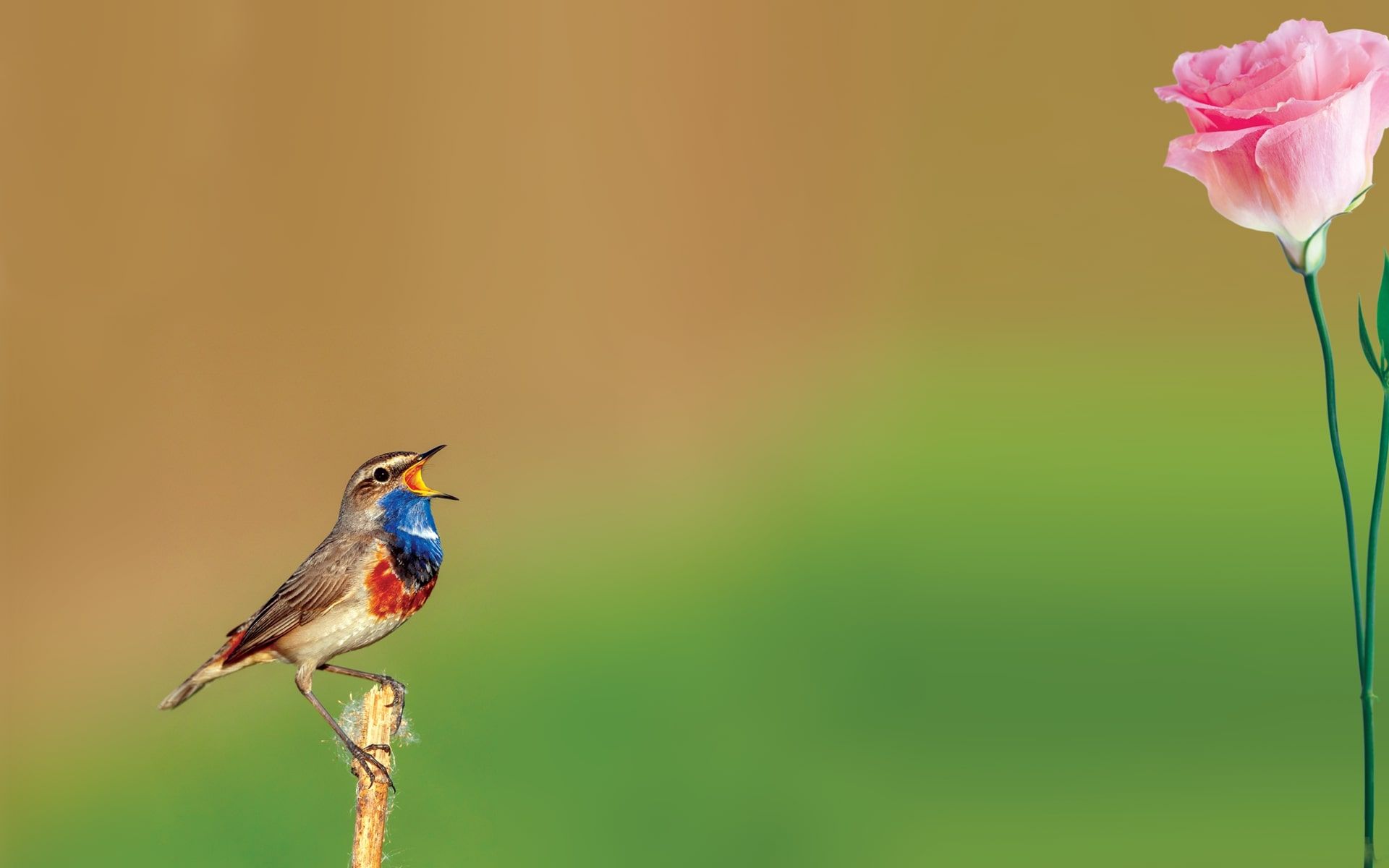A Nightingale’s Song

With the fire of grief, ever burning inside,
This humble heart of mine cherishes you day and night.
***
With its grief and worries plunging into sweet dreams,
My heart aches, O please, look at this servant once
***
Seeing you—be it a dream—is the sweetest purpose
Your very state and attitude, more beautiful than angels
***
Set your throne upon my heart, this time please let it happen
Those who subject us to eclipse, may God give their retribution
***
No more trace in hearts, of the initial meaning and excitement
Time passing without you, no different than the longest night
***
So many years have passed, since the sun’s setting
With gloom and hope, my heart has been palpitating
***
Here I remained sitting… hoping “the beloved will reach!”
To wipe away the tears I shed, with a soft touch.
***
Waiting all along, for this heart-grief to end,
The moment of awaited reunion, should not be wasted,
***
“Keep hopeful, be expectant!” the voice inside me says,
May God protect what is in hand, from devilish eyes.
***
Surely, one day the truth will take wing
Hang on tight to your hope, stop worrying.
***
The final breath of time bears an air of spring,
As nightingales sing, songs of glad tidings!...









